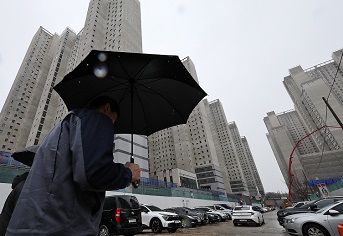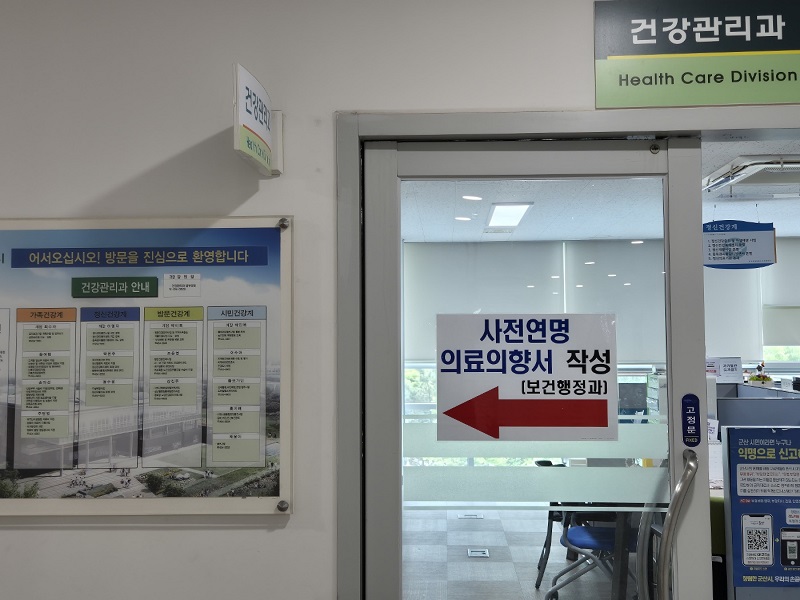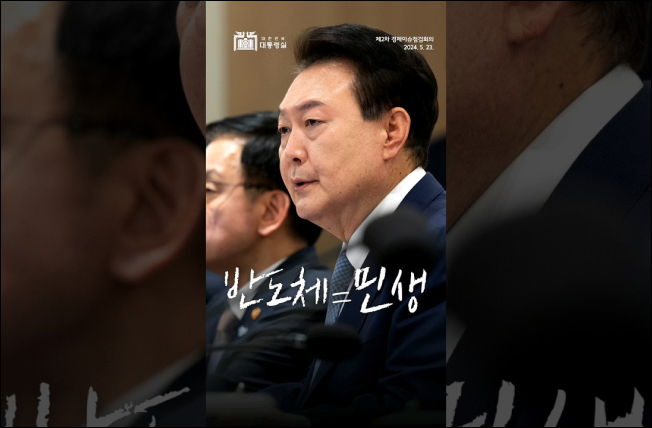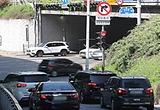Thank you, Mr. Chair,
Secretary Kerry,
Fellow Ministers,
Ladies and gentlemen,
Today, we have gathered in Anchorage, a place not at the ends of the earth, but at the front line of global climate change. Last year, Secretary Kerry memorably described climate change as the “world’s most fearsome WMD.” I fully agree, and would say that the problem now is climate change is no longer like “WMD in slow motion.” That’s why I am here today, the first Korean Foreign Minister to attend a conference on the Arctic.
I thank Secretary Kerry for convening this important conference and Minister Brende for chairing this session.
Let me start with the topic of Dr. Brigham-Grette’s presentation, “Global connections to changes in the Arctic.” As inscribed in the Anchorage Museum, where we met yesterday, (quote) “To many, Alaska may seem in the middle of nowhere, but in reality, it is in the middle of everywhere” (unquote).
Coming from Korea, I would like to highlight linkages between climate change in the Arctic and severe winter weather patterns in mid-latitude regions. Today, Korean scientists have released a very important study showing that “severe winters across East Asia are associated with anomalous warmth in the Barents-Kara Sea region, whereas severe winters over North America are related to anomalous warmth in the East Siberian-Chukchi (축치) Sea region.”
This is why non-Arctic countries also have an interest in understanding this region’s changes. In the case of Korea, the “Dasan" research station in Ny-Alesund(니알슨), Norway, the observation nodes for circum-Arctic permafrost and the research icebreaker “Araon” are serving as bases for Korean scientists.
Just a few moments ago, we heard Dr. Bodin’s presentation on the unique features of black carbon and methane affecting the climate abnormalities in the Arctic. In this regard, although Korea is an observer state, we are currently preparing a national report for submission to the Arctic Council.
Next, this conference is being held in the run-up to the COP21 as Secretary Kerry mentioned at the outset. As such, it should give momentum to the success of that historic conference. That is why President Obama will be here later today.
In my view, for the COP21’s success, two points are especially salient. First is galvanizing the international community’s political resolve. In this regard, the recent pledges of cooperation between the U.S. and China on climate change are fine examples. I hope that G20 countries which have yet to submit their targets will take prompt action.
Second is supporting developing countries to combat climate change. The fact that Korea is hosting the Green Climate Fund and the Global Green Growth Institute shows my government’s strong resolve to tackle the challenges of climate change with funding and technical assistance, respectively.
I would like to touch on striking a balance between people and the environment, like Senator Murkowski emphasized yesterday. I believe that responding to challenges while also seizing new opportunities is doable.
My government, for the first time ever, has designated the Arctic as a major policy area, with the vision of a “sustainable future for the Arctic.” The Arctic is also an important component of my government’s Eurasia Initiative, a strategy to enhance connectivity by linking the Korean peninsula, Northeast Asia and Eurasia through railways, roads, and sea routes.
In particular, the opening of the Arctic Sea will inevitably generate both opportunities and challenges. Recently, Korea, the U.S. and Russia cooperated in a search and rescue operation in extreme conditions for a Korean vessel near the Arctic Ocean. Such cooperation for crisis management will continue to grow in importance.
Ladies and gentlemen,
For Korea, the acceptance to the Arctic Council as an observer was an important turning point. Korea is committed to working closely with the Arctic Council in preserving the Arctic’s pristine environment and securing its sustainable development.
In this vein, I am pleased to support the “Joint Statement on Climate Change and the Arctic.” My sincere hope is that the spirit of collaboration and cooperation we have witnessed here at the GLACIER Conference will also prevail in Paris in December. Thank you.
 이 누리집은 대한민국 공식 전자정부 누리집입니다.
이 누리집은 대한민국 공식 전자정부 누리집입니다.













